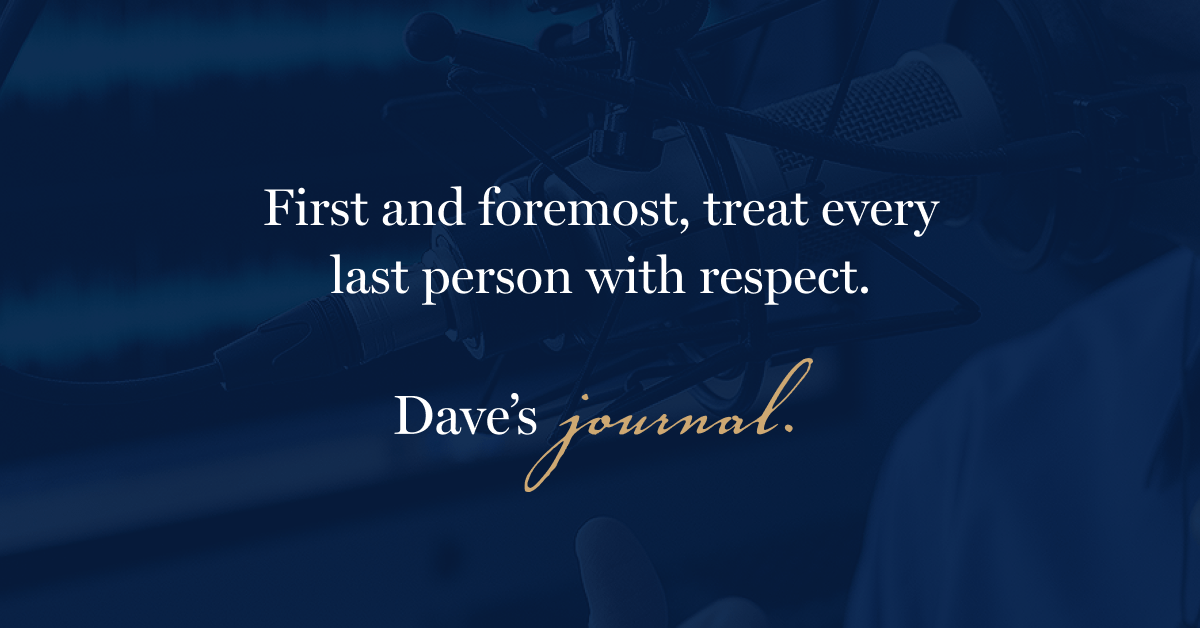My first full-time management job was as a center director for an education business. Part of my role was to supervise all the part-time instructors at our location.
Like most managers who get promoted up, I inherited a team I didn’t select. I gradually hired the team I wanted as positions opened, but one person I inherited was annoying me. While he was friendly to me and our customers, he was (at best) a mediocre performer.
When I’d give him feedback, he would improve slightly. Enough to meet the basic standard of whatever I had most recently reiterated. Then, he’d gradually slide back into mediocrity, just slowly enough for nobody to really notice.
You’ve met this person too. Perhaps they are on your team now. They drive us nuts.
That’s why I was thrilled when finally, one gloriously beautiful day, he showed up and gave his two weeks notice. I thanked him publicly, but of course I was thrilled to see him go.
Two weeks later, he arrived for his final shift. It became apparent that he was just phoning it in on his last day. He wasn't paying much attention to our customers. He didn’t seem to be helping out any of his colleagues.
With about 45 minutes to go in his shift, after watching this go on for hours, I finally had it.
I pulled him into my office, told him in no uncertain terms what a lousy employee he had been for the past several years, and kicked him out. He packed up his stuff — and stormed away in anger.
I hope at this point you are thinking how stupid I was and what an obvious mistake this is in a person’s last hour of work. All the reasons to not do something this stupid could be the subject of another journal entry.
What you may miss, is the rest of the story. Cause I missed it.
While regretting a bit how I’d handled the incident, I nevertheless concluded that it was over. And it was, in a way. I never had to worry about him again, or see him, or talk to him.
Yet, I still had a team of great part-time employees, several who witnessed the incident, and one or two who were friends of the former employee.
(Somewhat related side note: anytime you fire somebody, no matter how disastrous their performance, there is always a contingent of their peers who will be surprised and troubled with your decision.)
My high performing employees didn’t say much to me in the coming weeks. They didn’t volunteer as much to help me with things. They didn’t pick up as many shifts as they had before. My top employees didn’t engage with me the way they had before this happened.
They saw me lose my temper and concluded they could be next.
What I failed to recognize at the time, and only saw in retrospect, was that I had taught my best employees that I was unpredictable. That team was never quite the same again — and while I’ll never know if it was specifically the result of this incident, a few of my top people left in the months afterwards for other jobs.
Set expectations, yes. Give people the feedback they need to hear. Hold people accountable, of course.
First and foremost, treat every last person with respect. Because it’s the right thing to do. And because people are watching you. Always.
Dave's Journal is available by audio on Apple Podcasts, Google Podcasts, Overcast, Stitcher, and Spotify.





